In recent years, veganism has come to the forefront in American culture. The rise of the local, organic food movement has brought emphasis to the importance of what we eat. A plant-based diet is certainly best for overall health and for the sustainability of our communities. But who can afford to make the choice of what they eat? Herein lies the problem with the vegan movement: it assumes everyone has the privilege of choice. While many people in developing countries are vegan by default because they simply cannot afford meat, they are horribly undernourished. When you are a vegan in a developed country like the United States, you have consistent access to foods that nourish your body. This means that you have a certain level of privilege that others do not.
I am not arguing that you shouldn’t be vegan just because somebody cannot. I support all vegans, but I am not sure I support the vegan movement just yet. The problem with the vegan community is not the diet, but the assumption of privilege that drives much of the shame on non-vegans. Vegans should be more concerned with ensuring that everyone has access to sustainable, affordable food in the future. This is when we will reap the true rewards of veganism, when all people can better themselves and our condition on the planet—not just the wealthy.
See, most vegans have access to meat, dairy, eggs and so on. Most have the option to eat meat or not eat meat. Either way, they will likely go to bed full. Others, namely America’s poor, have access to only non-vegan products. The only choice they have is to consume calories wherever they can or starve. I’m sure some underprivileged people would love to make the switch to a vegan diet. But what does veganism look like for those who live in a food desert? When you don’t have access to nutritious, filling food, veganism looks a lot like starvation. For those who can afford it, eating a vegan diet means a variety of foods. For those who can’t afford it, veganism may not be plant-based.
In fact, many people in developing countries are nearly vegan. They are also starving, but there’s certainly no choice in that.
One organization that is ensuring everyone has access to local, sustainable food is Grow Food Northampton. The non-profit serves the greater Northampton area with a number of farms that provide healthy, local food for everyone in the community. The organization does a fantastic job with community outreach, going as far as to provide families who need it with Spanish translations. They also practice a “Red Bag” program, which provides low-income families with a bag of vegetables for only $20 for 10 weeks. In my opinion, this is what working to break down the elitism of the vegan movement looks like.
Do I think everyone should eat vegan at the University of Massachusetts because they have access to it? In a perfect world, yes. But people are stubborn, and food is an integral part of our culture. It would take a lot for people to give up what they grew up on. No matter how easy it is for one individual to do it, it’s a lot to ask from our society. I believe that a plant-based diet is the best thing that you can do for your body and our planet. However, I think some of the principles of the vegan movement are a bit disjointed; in order to be taken seriously, the vegan movement needs to remove the guilt tripping and shaming that so often accompanies their rhetoric.
Here’s my last word: Veganism is certainly a solution to sustaining our health and our planet. By all means, start discussions about the harmful effects of animal agriculture on our planet. Swap out your processed foods for something local and organic. All I’m saying is that vegans should go about this in a respectful, self-aware way. Perspective is useful in all things, but especially when it comes to being grateful for the choice that you have. Vegans should keep in mind that many meat-eaters (or vegetarians) have put effort into causes that help ensure everyone has access to food. In my eyes, that’s a little more important than worrying about whether or not the pasta in my dining hall exploits animals in some roundabout way.
Sophia Corsetti is a Collegian columnist and can be reached at [email protected].

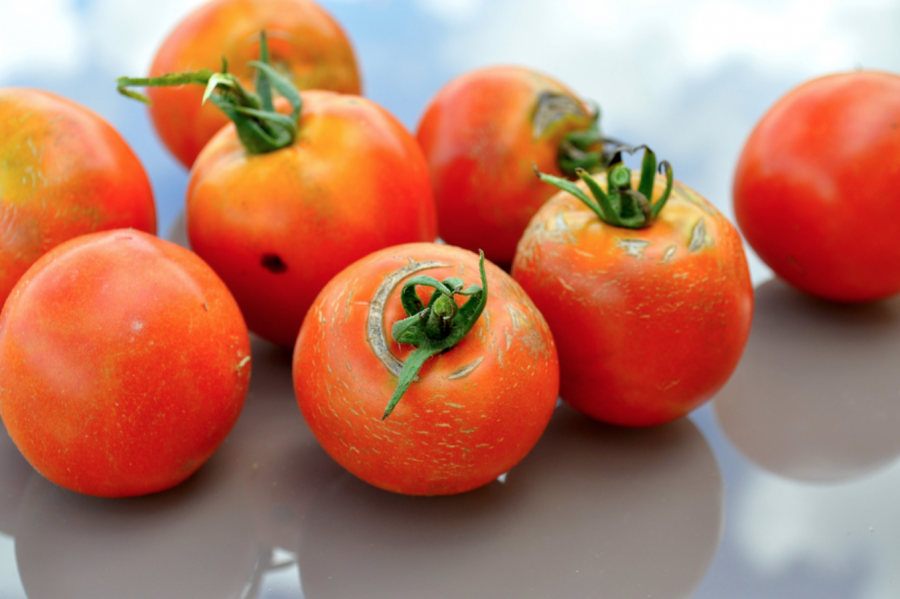


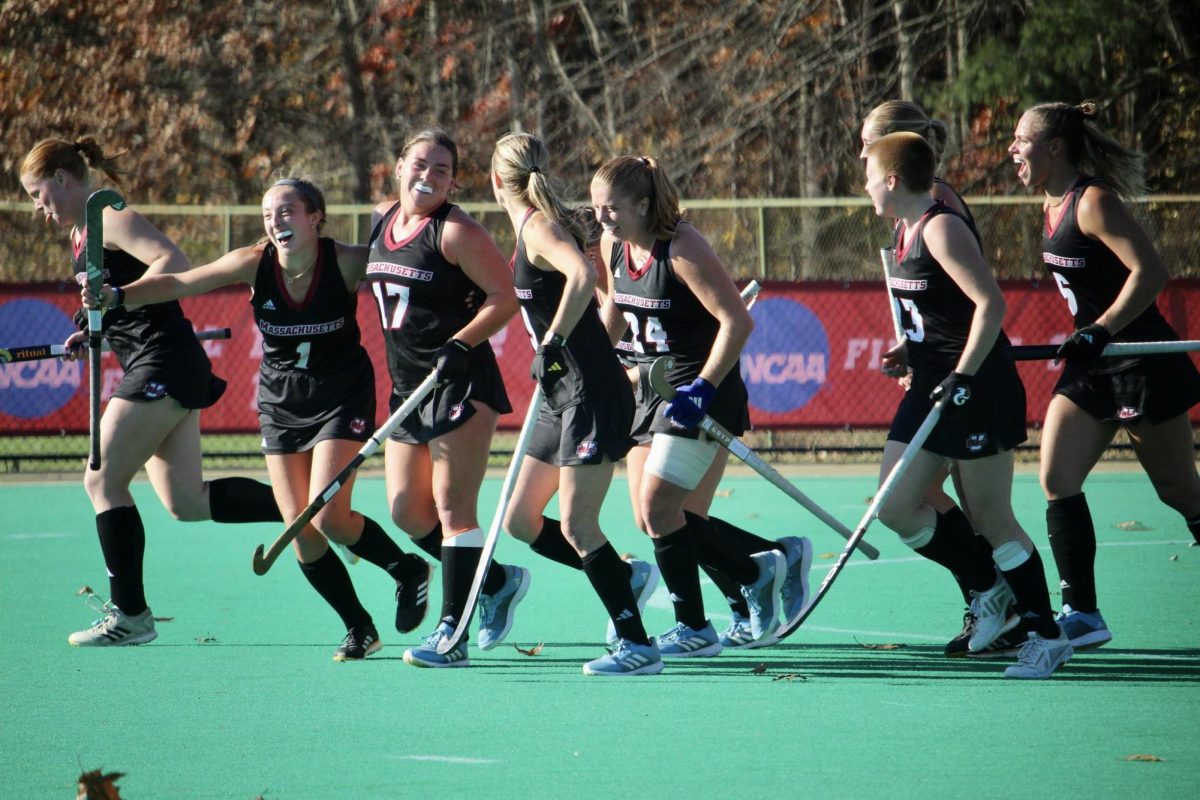


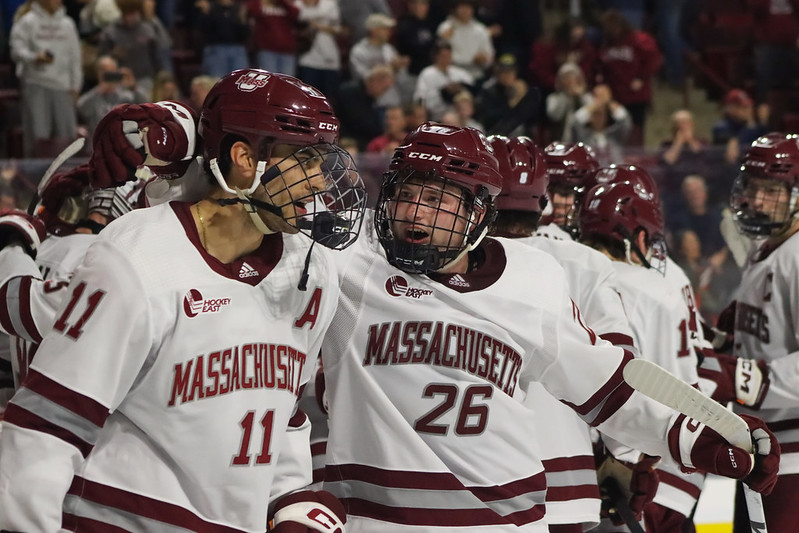


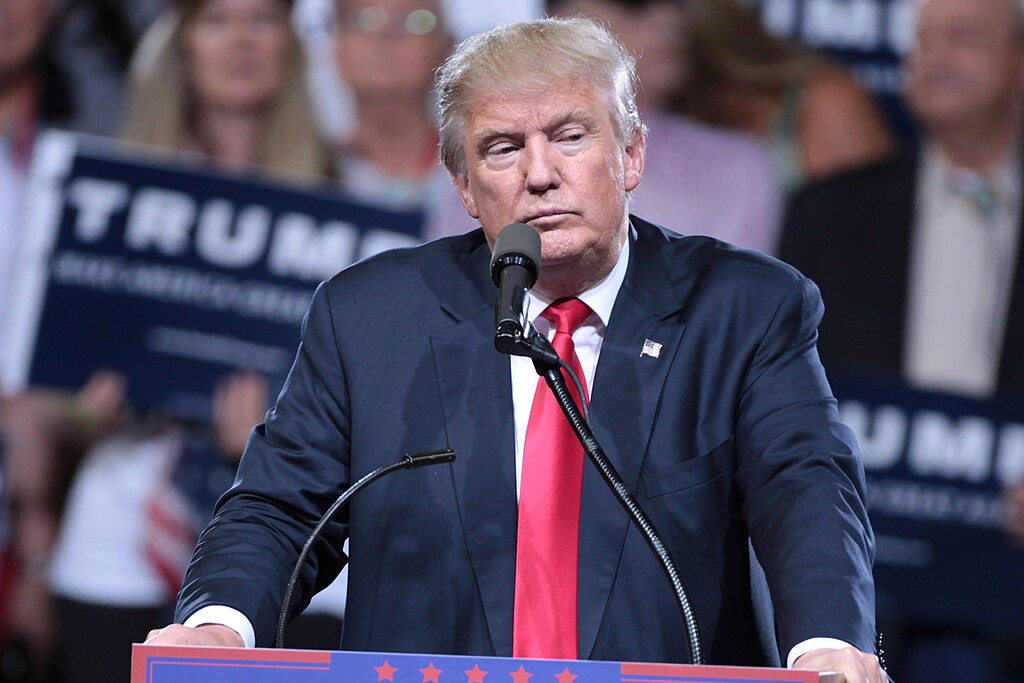
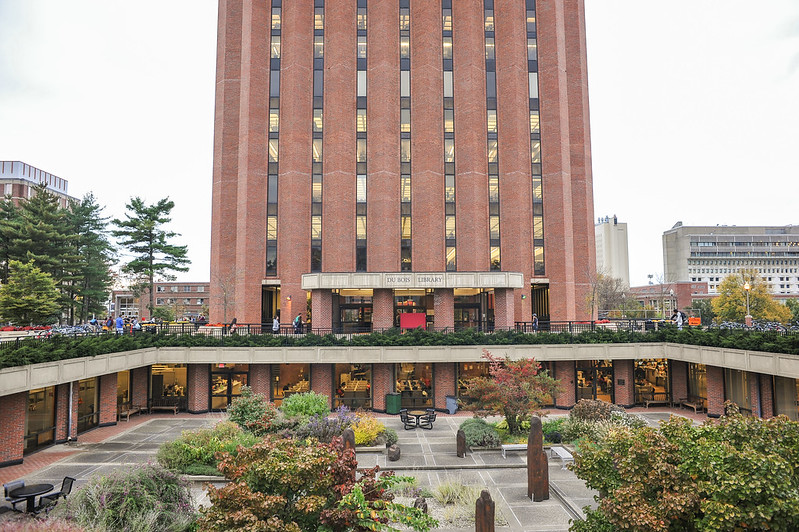
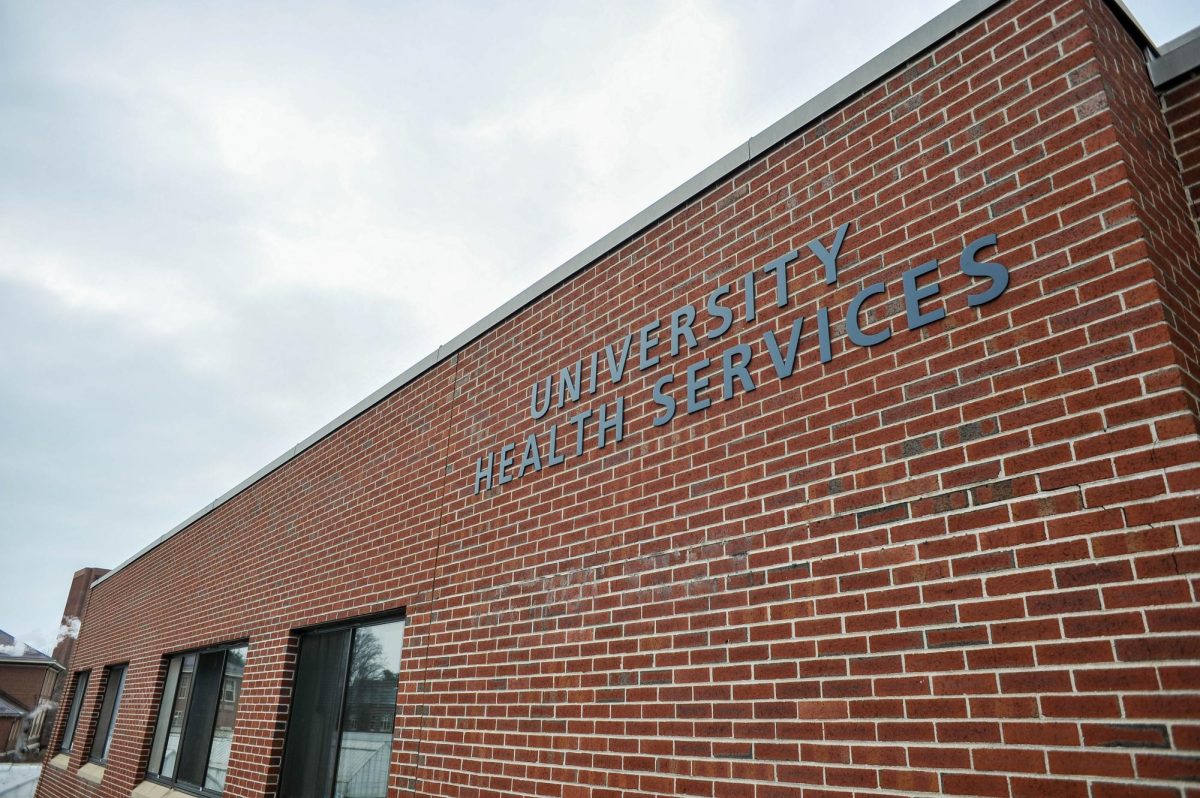

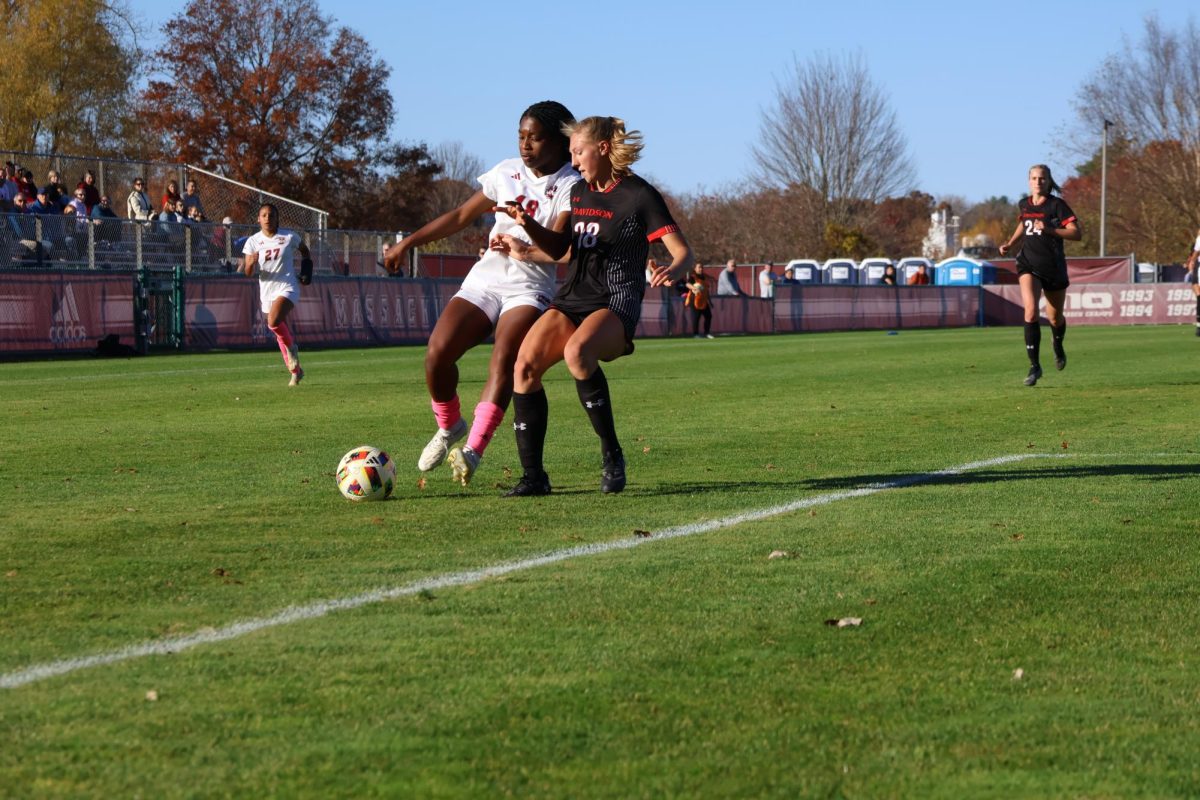



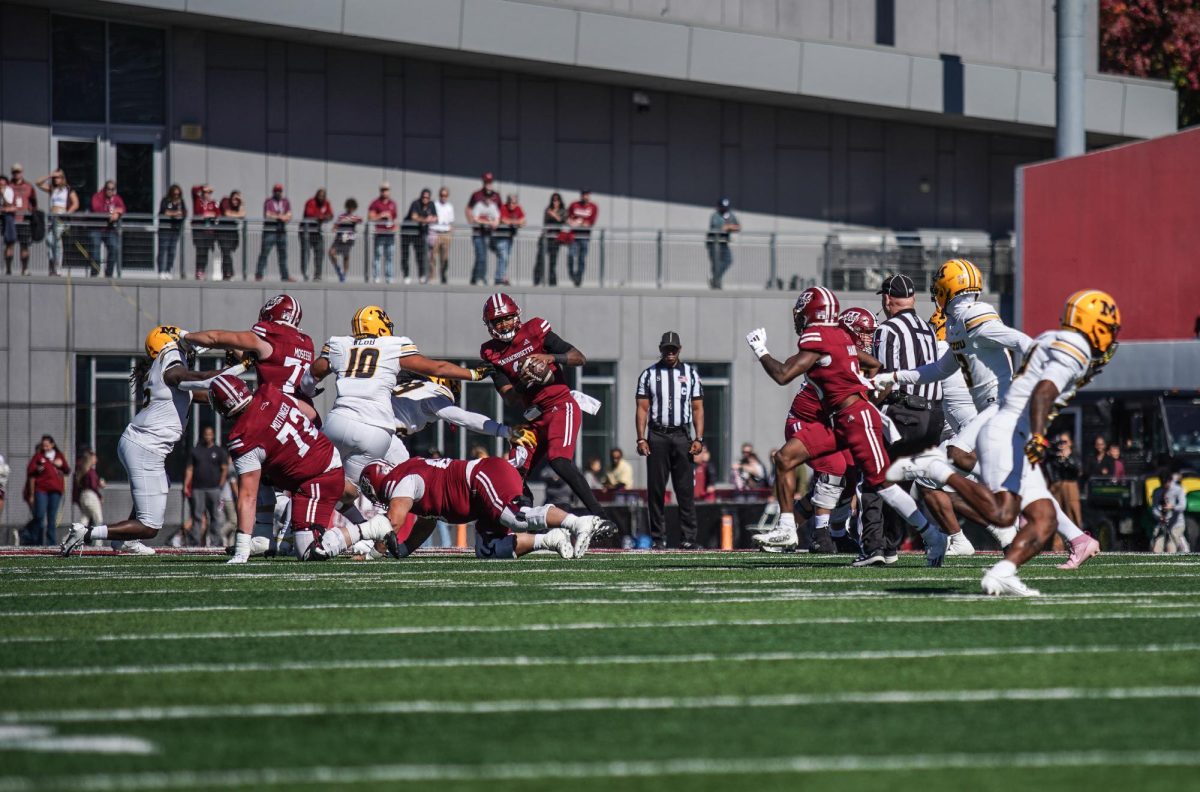
Alina • Jul 1, 2022 at 2:38 pm
I recommend deleting this article because makes misinformation.
Veganism is not a diet, in fact the official definition according to the Vegan Society is:
“Veganism is a philosophy and way of living which seeks to exclude—as far as is possible and practicable—all forms of exploitation of, and cruelty to, animals for food, clothing or any other purpose; and by extension, promotes the development and use of animal-free alternatives for the benefit of animals, humans and the environment. In dietary terms it denotes the practice of dispensing with all products derived wholly or partly from animals.”
Meaning that someone who has to rely on animal derivatives for medical or other reasons such as lack of autonomy or food access could still call themselves a vegan, although we do understand why they may choose not to.
It is important that we acknowledge that being 100% plant-based is not possible for everyone. What this means is that one aspect of vegan activism should be to work on making healthy plant based foods as well as nutrition information more accessible. However this cannot be an excuse for people who actually could adopt a fully plant-based lifestyle to avoid accountability for their speciesism.
Poor and disabled people do not exist so you can maintain oppressive behaviours in their names; and poor and disabled vegans exist and should not be erased. So saying for example that “veganism isn’t accessible for everyone” from a position of privilege and while doing nothing to change it is ableist, classist, and speciesist.
Please educate themselves better!
Jay • Mar 27, 2018 at 1:18 pm
It seems as though you’re missing the point and may want to reevaluate your idea of an animal-free diet and what being vegan is really about. More then half of our civil rights and justice leaders were vegetarian/vegan (Rosa parks, Coretta Scott king, Cesar Chavez, Gandhi, Angela Davis, etc). They believed that promoting animal rights was the next logical extension of non-violence. Which goes to show that having a voice changes things. This is not just some dietary choice, but more of an animal rights issue. Veganism is a great way of boycotting animal products to promote awareness for for animal welfare, Cruelty and violence.
Tejaswinee Roychowdhury • Mar 1, 2018 at 9:27 pm
Many of you will not relate to this because you do not live in India. I am from a small town in India and here is my resourceful thought on the subject.
I do not welcome any abusive criticism. Only civilized opinions, please.
https://www.youthkiawaaz.com/2018/03/veganism-is-a-rich-mans-privilege-i-am-an-average-indian-and-i-cannot-afford-to-go-vegan/
Alina • Jul 1, 2022 at 2:40 pm
I recommend you to read this article https://medium.com/@veganarchistmemes/dear-leftist-critics-of-veganism-veganism-is-not-ableist-or-classist-95d280e0a747
jess savage • Feb 17, 2018 at 10:21 pm
this is a really interesting argument, but it reads more inflammatory than informational. i am curious as to where your information came from, and if you could include more sources for your claims. i think this could be a really compelling story if there were less sweeping statements and more fact-based arguments. can you explain more as to exactly what you want people to walk away from this article with? i’m really interested in what you have to say, but i wish it was better supported. reach out! i would love to hear from you about this topic.
John • Feb 16, 2018 at 7:29 pm
Veganism is a sign of cisgender, white supremacy, upper class privilege elitism. Since only special people have the money to forego the expense of a special diet without meat/dairy and to do that its’ highly likely you are a rich white male.
n • Feb 17, 2018 at 3:31 pm
pretty sure most nazi’s aren’t vegan. please back up your claims you escalated this real quick
Alina • Jul 1, 2022 at 2:42 pm
Please educate yourself and read this article https://medium.com/@veganarchistmemes/dear-leftist-critics-of-veganism-veganism-is-not-ableist-or-classist-95d280e0a747
R • Feb 16, 2018 at 1:15 am
where are these privileged, white vegans that are supposedly running around meat-shaming poor brown folks? seriously, has anyone ever heard of this? i mean aside from in painfully uninformed and un-thought-out opinions like this.
i guess its just easier for most meat-eating liberals to find a way to feel like they are better than people whose diets have less impact on the planet, namely by complaining how THOSE people are the really self-righteous ones…!
i wonder why DC has such an ax to grind with vegans all of a sudden? this is the second embarrassingly incoherent slam on vegans they’ve run lately.
Chris Pert • Feb 15, 2018 at 1:09 pm
As a vegan, I can agree to some extent that the vegan movement could do a lot better to appeal to people who aren’t affluent, but then Sophia Corsetti says something like this: “Others, namely America’s poor, have access to only non-vegan products. ”
This is nonsense, this suggests Corsetti didn’t put any serious thought into this piece. There are plenty of vegan options available to almost all poor Americans: Rice, beans, potatoes, peanut butter, oatmeal, pasta, corn, etc. Fresh fruits and vegetables may often be expensive, but then cabbage is usually pretty affordable. Is it possible the author is confusing “vegan”, with “clean eating”, which has nothing to do with true veganism?
Speaking as a vegan, the problem I have with the vegan movement, which the author doesn’t mention, is how closely associated it is with the organic and anti-GMO movements, not to mention the “clean eating” movement. These movements are not just elitist, they use fear-mongering to get people to buy their usually more expensive products. The poor simply can’t afford to eat organic(vegan or non-vegan), which isn’t a problem since there’s little to no evidence organic is healthier for consumers. Biotechnology offers solutions to make food both more nutritious and more affordable, yet it is opposed by many vegans.
Veganism is about compassionate living toward all sentient life, it really isn’t about health or fighting obesity. The health-faddists co-opted the word “vegan” to the point that in many people’s minds it’s now synonymous with “clean-eating” and organic, which is unfortunate.
Many poor Americans can afford to go vegan(and indeed some do), but they can’t afford to go organic, clean, GMO-free vegan.
Dean Weston • Feb 15, 2018 at 12:54 pm
So how do you explain the existence of non-privileged vegans in developed nations?
WALTER • Feb 15, 2018 at 10:36 am
Article makes no sense.
Vegans in developed nations do not criticize people in under-developed nations who may have to eat animal products. Not that I have seen.
Rather, vegans criticize gluttons in developed nations who participate in cruel, and destructive factory farming.
barabbas • Feb 15, 2018 at 10:34 am
This is an under thought article. Veganism is eating vegetables, rice and beans will fill you cheaper than meat and dairy and is just as, if not more, nutritious. People in the US are often malnourished, and they’re malnourished because they eat garbage all day, and they eat garbage because it’s addictive, not because it’s cheaper than nutritious food.
Also are you seriously going to claim that people in india that have chosen to be vegetarian and vegan according to their religious principles are just choosing to be “horribly under nourished”? The sort of idea that people in “developing” countries don’t make dietary choices on principle, is precisely the elitism that this article purports to be against.
John • Feb 15, 2018 at 4:47 pm
To the above poster, your comment is unsupported and grossly false. When you actually have experience w/ poverty and having to survive on the cheapest possible meals, then make your claim. But the idea that poor people eat “garbage” food for sake of taste is a ridiculous, naive notion. If healthy food was actually affordable, then the vegan lifestyle would be more realistic for those at all socioeconomic levels
barabbas • Feb 23, 2018 at 4:24 pm
Physician heal thy self. I actually do have experience with extreme poverty, houselessness and not a single person I know hasn’t lived off of food stamps or eating from charity. There is always a choice to eat vegan, and there is a reason why so many poor nations have so much non-animal foods, because animals are more expensive than vegetables. This is true even in highly industrialized nations where animal products are subsidized.
Note I didn’t say people eat garbage for taste, I said it’s addictive, and I mean that in the literal sense. Go out and price some foods though, this isn’t a debate, there are facts, price beans and rice in bulk vs frozen hotdogs. The answer is obvious and the only way to be so ignorant to claim that one can’t be vegan and poor is to simply ignore the facts.
barabbas • Feb 23, 2018 at 4:36 pm
Here I even did your work for you so that you can see how incredibly ignorant your claim is.
http://efficiencyiseverything.com/calorie-per-dollar-list/